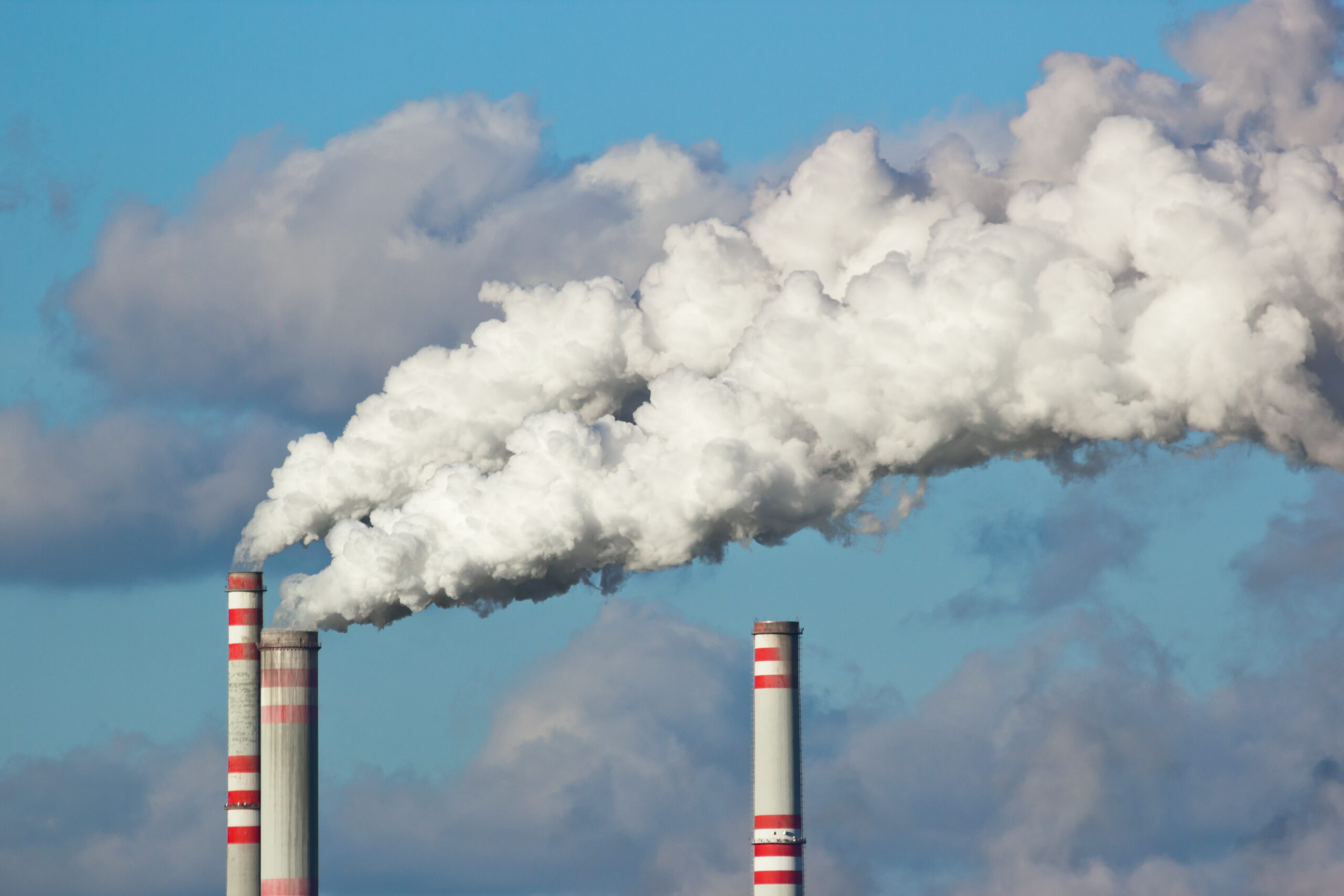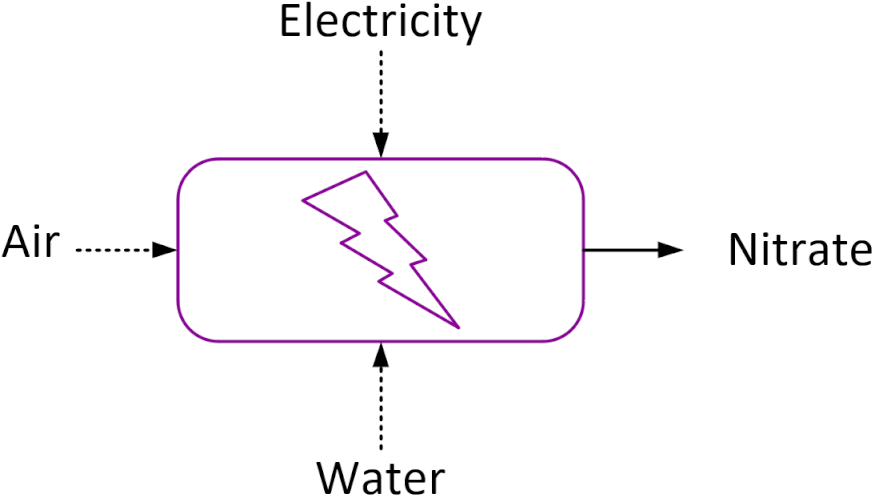ELECTRIFYING FERTILISERS
DEBYE empowers farmers to locally produce zero carbon nitrogen fertilisers using only air, water and electricity.
THE PROBLEM
The Haber-Bosch Process
Nitrogen fertilisers play a critical role in modern agriculture, helping to boost crop yields and ensure food security for growing population. However, the manufacture, transportation and application of synthetic nitrogen fertilisers also have significant environmental and climate implications, which account for a total of about 5% of global greenhouse gas emissions, equivalent to 1.33 gigatonnes of carbon dioxide for 2021.
Manufacture

483 Mt CO2
The manufacture by the Haber-Bosch process relies on fossil fuels, accounts for 483 million tonnes of carbon dioxide equivalent emissions.
Transportation

13 Mt CO2
Transportation accounts for 13.1 million tonnes of carbon dioxide equivalent emissions.
Application

829 Mt CO2
Application accounts for 829 million tonnes of carbon dioxide equivalent emissions.
THE SOLUTION
Direct Nitrogen Capture by Electricity
Nature provides an elegant solution: when lightning strikes water, it captures nitrogen in the form of nitrates, which serve as a natural source of potent nitrogen fertiliser for plants. Inspired by Nature, we develop a modular and containerized system that uses only air, water, and electricity to produce nitrate fertiliser.

Our Process
1
Nitrogen Fixation
The lightning breaks the nitrogen and oxygen molecules to make nitrogen oxide gases.
2
Nitrate Formation
The nitrogen oxides react with water to form dilute nitric acid.
3
Compound Fertiliser
The dilute nitric acid is combined with minerals to make desired fertiliser such as calcium nitrate.
Why electrification?
Many governments have set ambitious targets to achieve net-zero emissions by 2050 or earlier. The agricultural sector is a big part of the problem due to use of synthetic fertilisers and livestock production. To encourage more countries to commit to the net-zero goal, the European Union will introduce carbon taxes from 2026 specifically targeting fertilisers under the Carbon Border Adjustment Mechanism (CBAM). For farmers, this implies increased pressure to manage agricultural carbon footprints and rising fertiliser prices linked to the carbon market price
Debye’s process enables decarbonization and decentralization of nitrogen fertilizer production, and can be the backbone of sustainable farming businesses.



